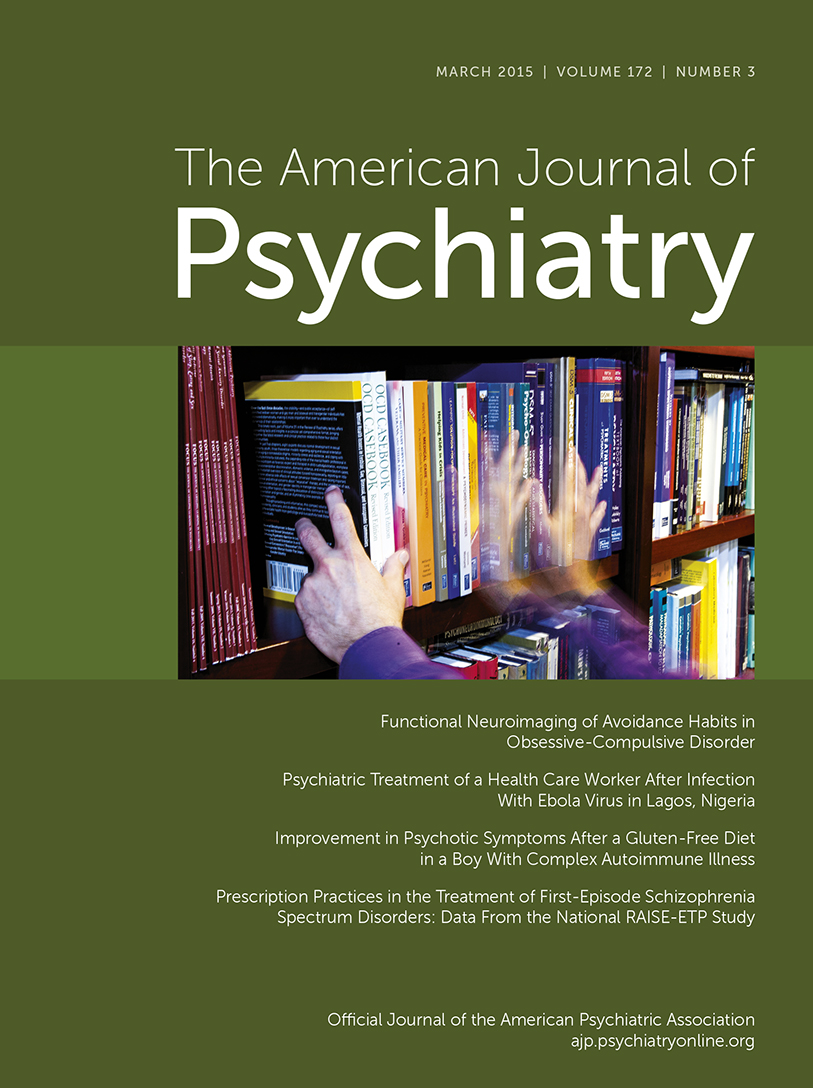IQ and Schizophrenia in a Swedish National Sample: Their Causal Relationship and the Interaction of IQ With Genetic Risk
Abstract
Objective:
The authors sought to clarify the relationship between IQ and subsequent risk for schizophrenia.
Method:
IQ was assessed at ages 18–20 in 1,204,983 Swedish males born between 1951 and 1975. Schizophrenia was assessed by hospital diagnosis through 2010. Cox proportional hazards models were used to investigate future risk for schizophrenia in individuals as a function of their IQ score, and then stratified models using pairs of relatives were used to adjust for familial cluster. Finally, regression models were used to examine the interaction between IQ and genetic liability on risk for schizophrenia.
Results:
IQ had a monotonic relationship with schizophrenia risk across the IQ range, with a mean increase in risk of 3.8% per 1-point decrease in IQ; this association was stronger in the lower than the higher IQ range. Co-relative control analyses showed a similar association between IQ and schizophrenia in the general population and in cousin, half-sibling, and full-sibling pairs. A robust interaction was seen between genetic liability to schizophrenia and IQ in predicting schizophrenia risk. Genetic susceptibility for schizophrenia had a much stronger impact on risk of illness for those with low than high intelligence. The IQ-genetic liability interaction arose largely from IQ differences between close relatives.
Conclusions:
IQ assessed in late adolescence is a robust risk factor for subsequent onset of schizophrenia. This association is not the result of a declining IQ associated with insidious onset. In this large, representative sample, we found no evidence for a link between genius and schizophrenia. Co-relative control analyses showed that the association between lower IQ and schizophrenia is not the result of shared familial risk factors and may be causal. The strongest effect was seen with IQ differences within families. High intelligence substantially attenuates the impact of genetic liability on the risk for schizophrenia.



